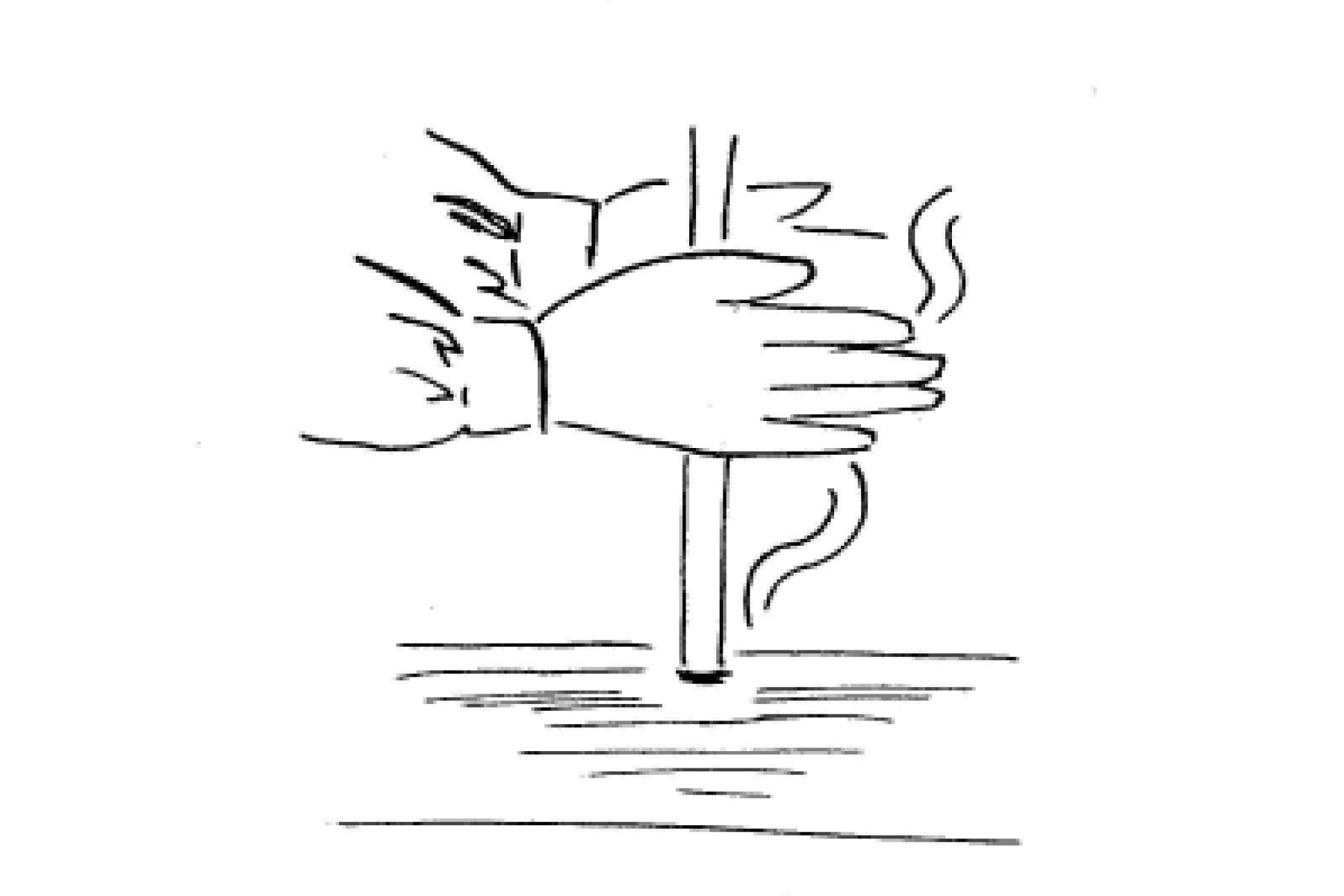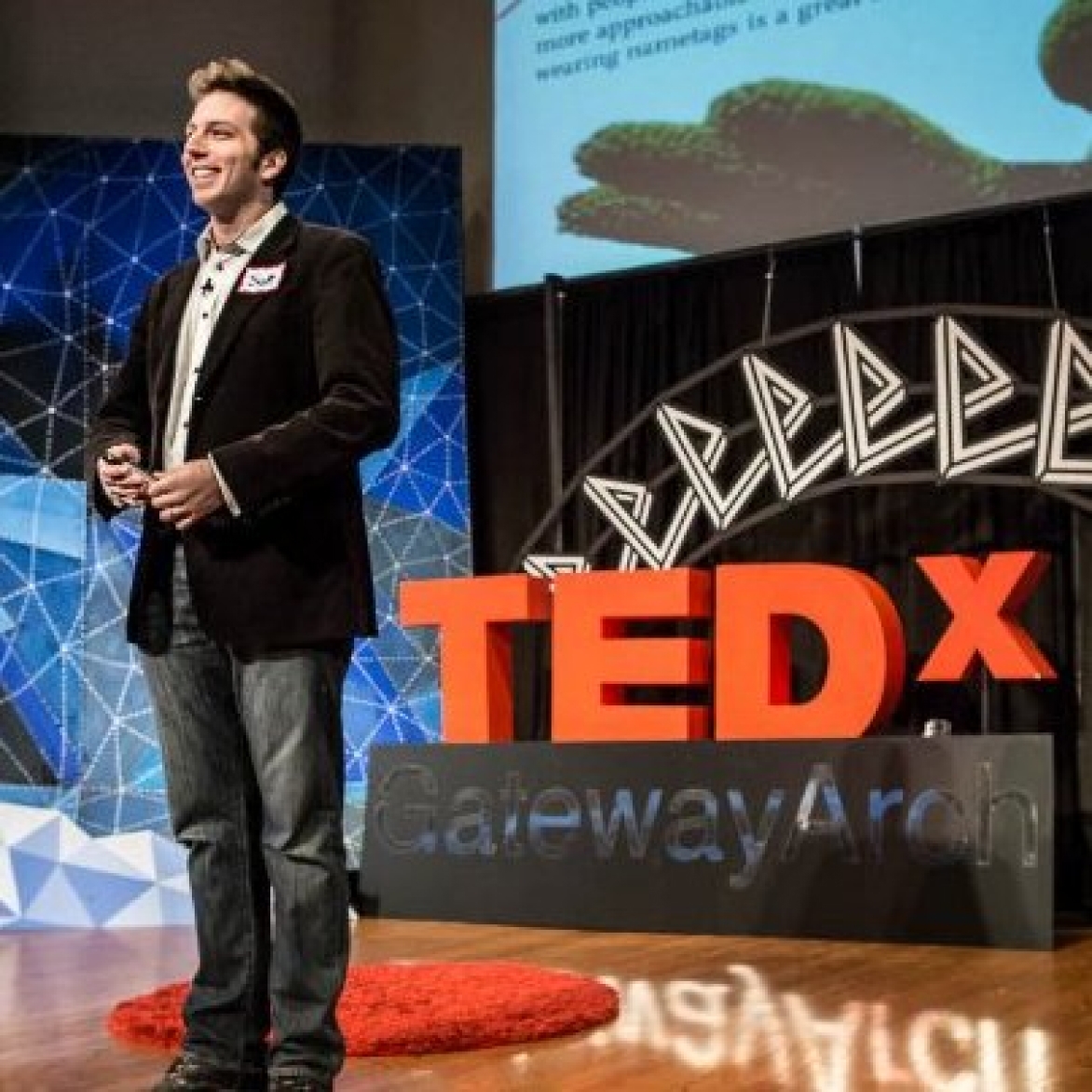
The Context
Where does motivation come from? How is it so easy for certain people? And why do the majority of creative professionals find it so hard to maintain? The short answer is, it’s complicated. There is a bewildering diversity of apparent motivations that drive most people. But here’s a simple framework for thinking about motivation that has been useful for me. Regulatory focus theory examines the relationship between the motivation of a person and the way in which they go about achieving their goals.
The Tool
Sparking
SPARKING — The practice of accomplishing things that get you psyched to work even harder
Higgins pioneered this concept with his research in the nineties, distinguishing two types of motivational systems. The first is promotion, which is the motivation to attain growth and nurturance. The promotional system concentrates on achievements and aspirations and endeavors to bring one's actual self into alignment with one's ideal self. People driven in this way tend to take chances, work quickly and think big. Does that sound like you? If not, there’s the contrasting second motivational system of prevention. This drive is concerned with the avoidance of negative outcomes, focusing around a preference for stability and driven by criticism and the looming prospect of failure. People driven in this way tend to avoid risk, work meticulously and think analytically. To summarize colloquially, promotion is playing to win, and prevention is playing not to lose. Which describes your behavior most of the time? If you’re still not sure, there’s a famous regulatory focus questionnaire asks eleven questions about events that have occurred in your life. Some of the items on the list are fairly general. Compared to most people, are you typically unable to get what you want out of life? Do you often do well at different things that you try? And so on. Softballs, right? But the one question that resonated with me the most was the following. How often have you accomplished things that get you psyched to work even harder? Promotional versus prevention is a good thing to know about yourself. It’s not right or wrong, better or worse, but good to know. Because once you’ve nailed down on what your dominant motivational focus is, everything flows from there.

Scott's Take
On my first day at a new job, somebody at my office asked me if was a coffee drinker. My answer was no. She was aghast and replied, wait, but where do you get your energy? There are so many things wrong with that question, it hurts my stomach to even write it. Look, coffee is a delicious and useful and beautiful thing, but please don’t tell me you’re hanging your entire motivational hat on a mild stimulant. My coworker, consciously or not, made a fascinating point. One that has nothing to do with coffee and everything to do with motivation. That’s the real issue here.
The Rest
Harvard’s research on the promotion versus prevention split references something called motivational fit. Human resources people love this term. After all, once you know a person’s focus, it becomes easier to choose role models, frame goals, seek and give feedback, and provide incentives that will strengthen their motivation going forward. Providing yourself with more motivational energy might be closer than you think. Hell, you might not even need coffee. Are you asking how to motivate yourself, but relating what you’re doing to your natural motivational flow?
The Benefits
Make motivating yourself easier
Provide yourself with more executional energy
Take more creative chances in your work
Bring your actual self into alignment with your ideal self